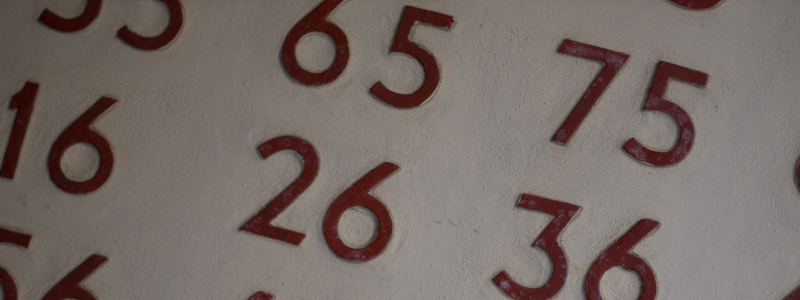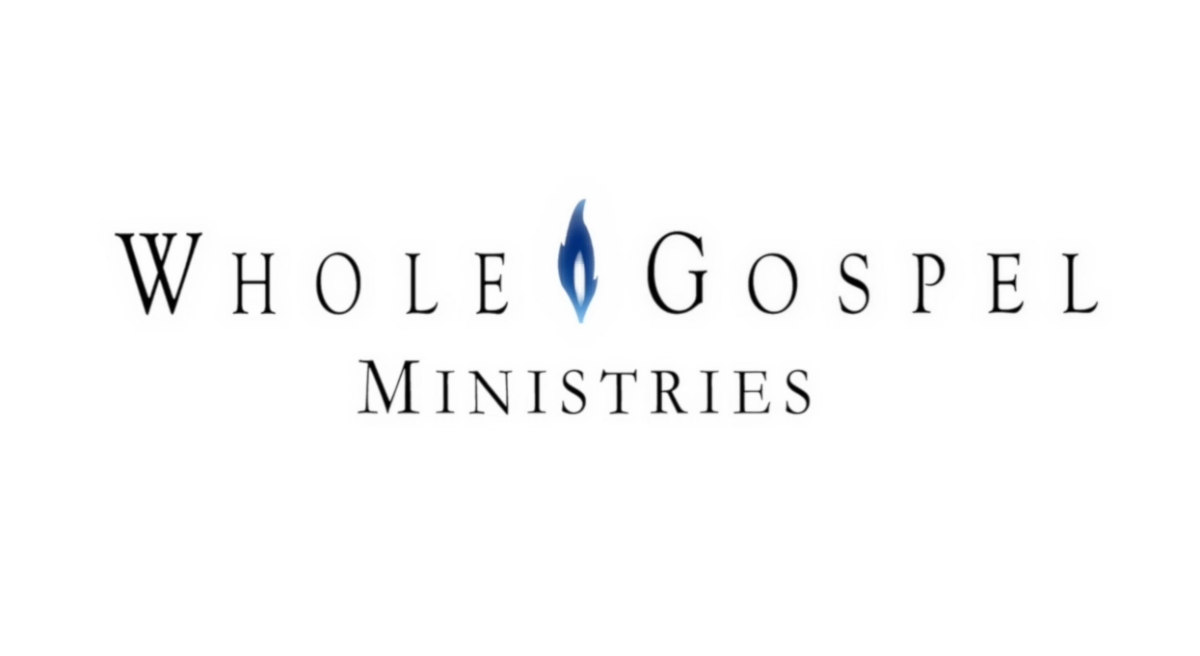
FRIDAY MORNING MANNA
October 24, 2014
Nathaniel Fajardo
Biblical Numerology: NUMBER TWO – Part VII
MORE ON MOSES AND AARON
A correction needs to be made as we move on, and with it, gain more valuable insights into the joint work, peerless and profound experiences of Moses and Aaron in jointly leading ancient Israel to earthly Canaan. From these, both those in leadership positions and congregants of spiritual Israel today may derive instruction and inspiration. In our October 10, 2014 issue on Number Two–Part V, titled “Moses and Aaron,” my last sentence of the first paragraph stated: “At the end of their earthly sojourn, Aaron died first, cradled in the arms of Moses on Mount Hor where Moses buried him, alone.”
That was inaccurate. On this singular sad occasion, Moses was not alone. Eleazar, Aaron’s third son (Exo. 6: 23) was with them. He served as priest with his father and brothers during the wilderness wanderings (Exo. 28: 1, 44; Num. 3: 4; 16: 39; 19: 3). He outlived his elder brothers, Nadab and Abihu, whom God destroyed with divine fire for offering “strange fire before the Lord” (Lev. 10: 1-7). Eleazar, whose name means “God has helped,” was divinely-appointed to succeed Aaron. From father to son, man to man.
None of the three siblings, Miriam, Aaron, and Moses entered earthly Canaan. Miriam died earlier in Kadesh (short form for Kadesh-barnea), and was buried there. Num. 20:1. She was richly endowed with the gifts and poetry and music. After the Red Sea crossing, she led the women of Israel in sacred song and dance on the shores of the Red Sea, praising God for the miraculous deliverance (Exo. 15: 20, 21; Micah 6: 4).
She and Aaron also had the prophetic gift. Later, In the appointment of the seventy elders upon Jethro’s recommendation, Aaron and Miriam were not consulted, exciting their jealousy over Moses’ eminent leadership role, claiming equality with him, believing God spoke to them as well as He did with him. (Some urging, even militantly for women ordination in these last days for similar reasons of “equality” or “gift” among mainstream churches, might want to consider this). For her part in the rebellion against God’s express will and choice for Moses to be His chosen instrument, she was punished with leprosy but was healed after Moses’ intercession in her behalf (Num. 12: 1-16; Deut. 24: 9).
The inspired pen describes the poignant final moments of the last journey Moses and Aaron took together, literally upwards. It brought a lump to my throat. In Patriarchs & Prophets, “The Journey Around Edom,” chapter 38, pp. 424-427, E.G. White wrote:
“When the Israelites came this mountain [Mt. Hor], the divine command was addressed to Moses,–‘Take Aaron and Eleazar his son, and bring them up to Mount Hor; and strip Aaron of his [priestly] garments, and put them upon Eleazar his son; and Aaron shall be gathered unto his people, and shall die there.’ Num. 20: 22-29.
Till death parted them, temporarily.– “Together these two aged men and the younger one [Eleazar] toiled up the mountain height. The heads of Moses and Aaron were white with the snow of sixscore winters [Aaron died at the age of 123, Moses died at 120. See Exo. 7: 7; Deut. 4: 7]. Their long and eventful lives had been marked with the deepest trials and the greatest honors that had ever fallen to the lot of man. They were men of great natural ability, and all their powers had been developed, exalted, and dignified, by communion with the Infinite One. Their life had been spent in unselfish labor for God and their fellow-men; their countenances gave evidence of great intellectual power, firmness and nobility of purpose, and strong affections.
“Many years, Moses and Aaron had stood side by side in their cares and labors. Together they had breasted unnumbered dangers, and had shared together the signal blessing of God; but the time was at hand when they must be separated. They moved on very slowly, for every moment in each other’s society was precious. The ascent was steep and toilsome; and as they often paused to rest, they communed together of the past and the future, Before them, as far as the eye could reach, was spread out the scene of their desert wanderings. In the plain below were encamped the vast hosts of Israel, for whom these chosen men had spent the best portions of their lives; for whose welfare they had felt so deep an interest, and made so great sacrifices.
“Somewhere beyond the mountains of Edom was the path leading to the promised land,–that land whose blessing Moses and Aaron were not to enjoy. No rebellious feelings found a place in their hearts, no expression of murmuring escaped their lips; yet a solemn sadness rested upon their countenances as they remembered what had debarred them from the inheritance of their fathers.
“Aaron’s work for Israel was done. Forty years before, at the age of 83 [see Exo. 7: 7], God had called him to unite with Moses in his great and important mission. He had co-operated with his brother in leading the children of Israel from Egypt. He had held up, [together with Hur], the great leader’s hands when the Hebrew hosts gave battle to Amalek. Exo. 17: 8-13. [NOTE: Jewish tradition says Hur was the husband of Miriam].
He had been permitted to ascend Mount Sinai, to approach into the presence of God, and to behold the divine glory. The Lord had conferred upon the family of Aaron [all male] the office of the priesthood, and had honored him with the sacred consecration of high priest. He had sustained him in the holy office by the terrible manifestations of divine judgment in the destruction of Korah [Dathan, and Abiram, Num. 16: 1-49, etc] and his company.
It was through Aaron’s intercession that the plague was stayed. When his two sons [Nadab and Abihu] were slain for disregarding God’s express command, he did not rebel nor even murmur. Yet the record of his noble life has been marred [on three occasions]. [1] Aaron committed the grievous sin when heyielded to the clamors of the people and made the golden calf in Sinai; and again [2], when he united with Miriam in envy and murmuring against Moses. And [3] he, with Moses, offended the Lord at Kadesh by disobeying the command to speak to the rock that it might give forth its water. [In frustration and temporary loss of faith in God, Moses struck the rock, which symbolized Christ, twice, obscuring the truth that Christ was crucified once and forall.]
“God intended that these great leaders of His people should be representatives of Christ. Aaron bore the names of Israel upon His breast [on the breastplate]. He communicated to the people the will of God. He entered the most holy place on the day of atonement, ‘not without blood,’ as a mediator for all Israel. He came forth from that work to bless the congregation, as Christ will come forth to bless His waiting people when His work of atonement in their behalf shall be ended. It was the exalted character of that sacred office as representative of our great High Priest, that made Aaron’s sin at Kadesh of so great a magnitude.”- Ibid, p. 426.
“With deep sorrow, Moses removed from Aaron the holy vestments, and placed them on Eleazar, who thus became his successor by divine appointment. For his sin at Kadesh, Aaron was denied the privilege of officiating as God’s high priest in Canaan,—of offering the first sacrifice in the goodly land, and thus consecrating the inheritance of Israel. Moses was to continue bearing his burden in leading the people to the very borders of Canaan. He was to come within sight of the promised land, but was not to enter it. . . .” –Ibid, p. 427.
“The absence from the camp of the two great leaders, and the fact that they has been accompanied by Eleazar, who, it was well known, was to be Aaron’s successor in holy office, awakened a feeling of apprehension, and their return was anxiously awaited. As the people looked about them,upon their vast congregation, they saw that nearly all the adults who left Egypt had perished in the wilderness. [There is a difference between “perishing” and dying]. . . .The forms of Moses and Eleazar were at last discerned, slowly descending the mountainside; but Aaron was not with them . . .Moses told them that Aaron had died in his arms upon Mount Hor, and that they there buried him. . . .‘They mourned for Aaron 30 days, even all the house of Israel.’ Num. 20: 29.
Biblical Counsel on Conducting Funerals and Burial Services for Leaders. – “Concerning the burial of Israel’s high priest the Scriptures give only the simple record, ‘There Aaron died, and there he was buried.’ Deut. 10: 6. In what striking contrast to the customs of the present day was this burial, conducted according to the express command of God. In modern times the funeral services of a man of high positions are often made occasion of ostentatious and extravagant display.
When Aaron died, one of the most illustrious men that ever lived, there wereonly two of his nearest friends to witness his death and to attend to his burial. And that lonely grave on Mount Hor was forever hidden from the sight of Israel. God is not honored in the great display so often made over the dead, and the extravagant expense incurred in returning their bodies to the dust.”- Ibid, p. 427.
“It was not the will of God that anyone should go up with Moses to the top of Pisgah. There he stood . . . in the presence of God and heavenly angels. After he had viewed [earthly] Canaan to his satisfaction, he lay down, like a tired warrior, to rest. Sleep came upon him, but it was the sleep of death. Angels took his body and buried it in the valley. The Israelites could never find the place where he was buried. His secret burial was to prevent the people from sinning against the Lord by committing idolatry over his body.”- Ibid, Story of Redemption, p. 173. (To be continued next week)

